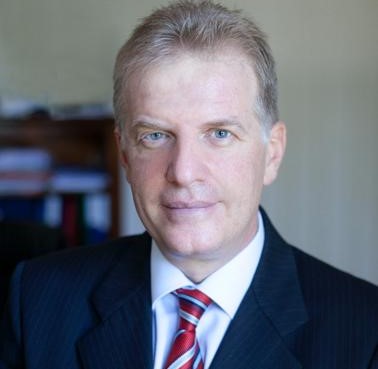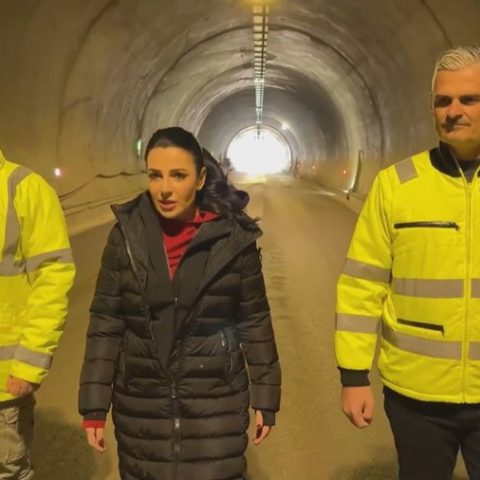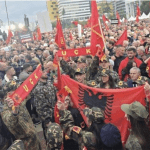TIRANA, Sept. 23, 2022 – Albania’s Ministry of Education has shut down two private educational institutions tied to a network that the Turkish government accuses of being part of the 2016 failed coup d’etat.
Albanian authorities say the decision is due to standards and not political, but the closure comes after years of pressure by Turkish President Recep Tayyip Erdogan and the Turkish administration on the Albanian government to close activities linked to exiled Turkish cleric Fethullah Gulen.
The closures affect the Mehmet Akif High School and the Zubeyde Hanim kindergarten, part of the Turgut Ozal Group.
Little detail has been released as to the legal reasoning of the decision, but Education Minister Evis Kushi said in a statement that the decision had been taken “to guarantee the standards, safety and well-being of students.”
She added students of the schools will transfer to other institutions that “meet the criteria and operating standards.”
A representative of the Turgut Ozal Group told local media there would be suits filed in the court to stop the closure order.
A group of students protested in front of their high school in Tirana’s outskirts on Friday, calling for the cancellation of the decision.
Albania’s largest opposition Democratic Party condemned the closure calling the Mehmet Akif High School “an asset that must be protected, an elite school, certified in 30 years for the quality of teaching, preparing excellent generations of students from all over Albania.”
“The Democratic Party rejects the politics of vassalage, which destroys every value we have built since the founding of the Albanian state, up to our 30-year efforts to build a legal state according to Western standards,” said Democratic Party MP Albana Vokshi.
President Erdogan said in a speech to the Albanian parliament in January 2022 that Albanian authorities must show “commitment to the fight against FETO.” The Turkish president sees FETO, also known as the Gulen Movement, as being behind the attempted coup that sought to oust him in 2016.
“Unfortunately, members of this organization five years later continue to be in Albania,” Erdogan told parliament. “We expect Albania to take immediate measures on this issue so it doesn’t hurt our relations.”
Tirana has said before that the judiciary would deal with Gulenist cases according to Albanian and international laws, which often prevent the type of action Turkey is seeking. Albania is also under pressure from the European Union, Council of Europe and the United States to follow its commitments under international law.










